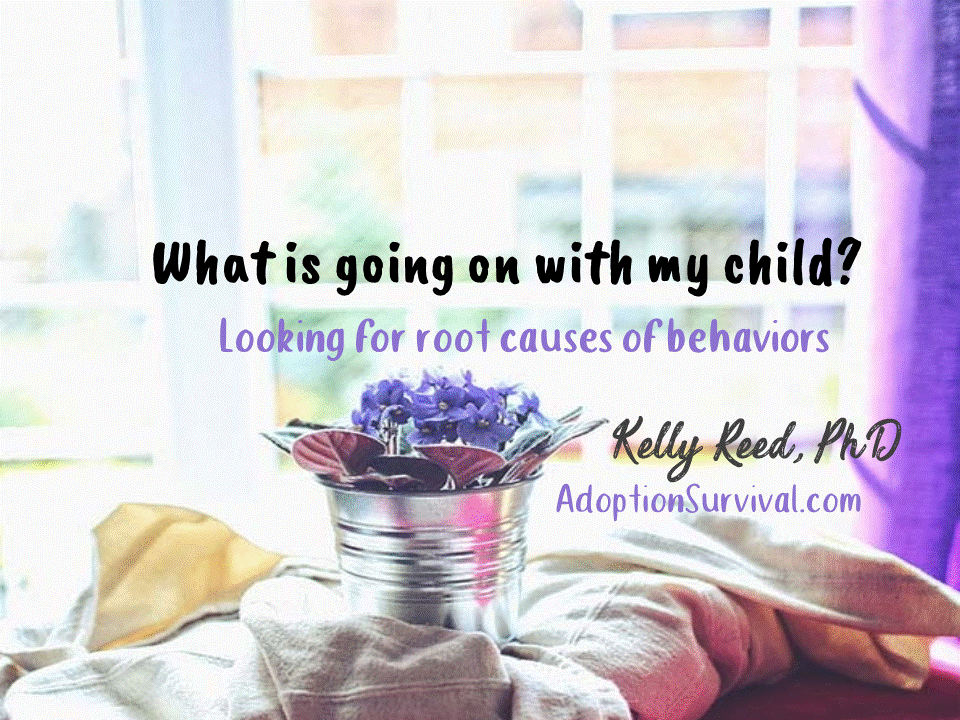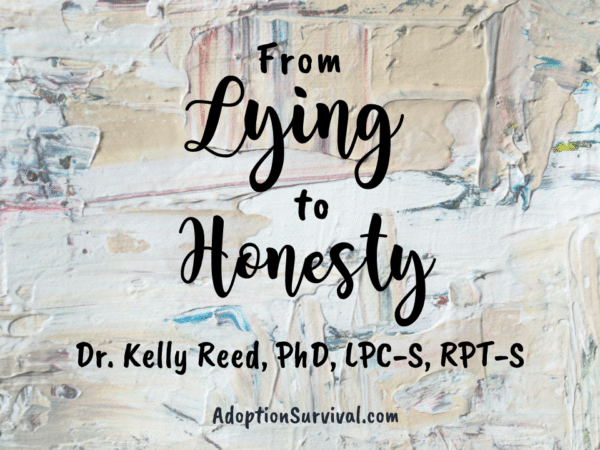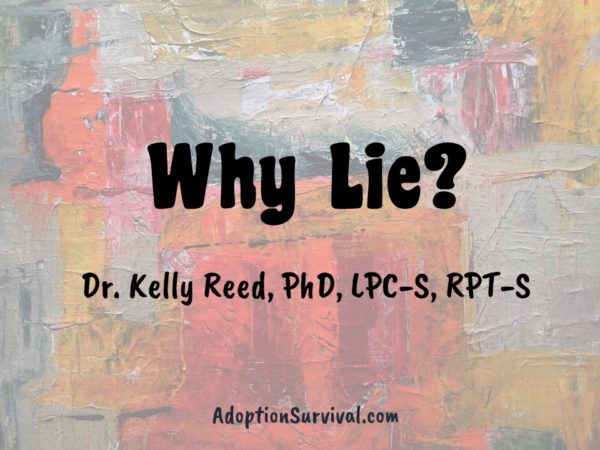
Last month, I received a message from a mom in crisis. She was overwhelmed by her child’s behavioral challenges which led her to fearing her child had Oppositional Defiant Disorder or some other disorder. She was concerned, overwhelmed, and exhausted; and her child was displaying violent behaviors. I believed she had valid concerns, so I wanted to hear more as I helped her find a solution.
Whenever I talk with parents, my first question usually is, “have either you or your child been ill recently?” Why is this important? Because when we are sick, we usually do not act like ourselves. A week earlier had been unusual for the family since mom was sick. If she wasn’t feeling well, it is natural the child picked up on that. Not realizing how bad mom felt, the child might have misinterpreted mom as being irritable with the child. Sometimes our kids (or others) take things personally by mistake.
Upon hearing that mom had been sick, I asked if the child had complained about not feeling well recently. Mom said the child had stomachaches. I asked about the child’s bowel movements and discovered the child struggled going to the restroom. I asked if mom had previously noticed a correlation between the child’s behavior and the child’s bowel movements. She said she observes more negative behaviors when the child has not had a bowel movement for a few days. Perhaps the child’s behaviors have been abnormally heightened due to not feeling well (perhaps the child caught what made mom sick or is fighting it off – which makes the body work harder and tire easier, or perhaps the child is just backed up and feeling bloated). I asked mom if the child took probiotics or a gentle laxative. She said no, but she had previously considered it. (Always talk to your child’s doctor about these things!)
So maybe it’s not “what’s wrong with this kid?”; rather, it’s “what’s going on?” Whenever, things are tough we must look at the big picture and examine the small changes going on in our world AND the child’s world. School is out for summer break, so the child is no longer around teachers or friends. Mom was no longer getting a break from the child being at school, and mom had been sick.
Things to consider for addressing some negative behaviors can include:
- Communicate any parenting changes with the child (e.g., new expectations, rules, consequences or rewards), emphasizing that the changes will help everyone.
- Consistency is key. Everyone needs to be on the same page, including the family’s external support system.
- Communicate with friends and family before problematic behaviors arise. Alert them of your plan so they are not surprised in the moment. The immediate goal is to keep everyone safe and deescalate negative situations. Stating “sorry we have to go now” to friends and family should suffice if you have stated your plan ahead of time.
- Your child may refuse to leave. Prepare for what options you and your friends or family are comfortable with if that becomes the case. Perhaps the plan would be to have others remove themselves or their child so you and your child can be alone in the child’s current spot.
- The child may prefer to lay on the floor, hit/throw a pillow, sit in your lap, or go to a corner to be alone. Remaining close by or by exits might be necessary to keep everyone safe.
- Be prepared by having a drink and snacks or calming activities on hand. Carry items like: chewing gum, crayons and coloring pages, a book to read, playing cards, a notebook for writing/drawing feelings out, playdoh/modeling clay, or materials to make a bracelet as an outlet for your child.
- Sensory or repetitive type activities can be very calming. You can also suggest rocking in a rocking chair, tossing a ball, pushing against a wall, going for a walk, riding a bike, jumping like a frog, having a dance party, or listening to calming music.
- Remember to communicate the plan with your child. “If we have to leave, and you cannot walk out to the car with me, then I will need to carry you or ask someone to help me get you into the car.”
If you know your child is struggling, limit your time in public, but do not isolate from friends or family. Consider activities at your own home or theirs. Make sure everyone is on board with the plan if a negative behavioral issue needs to be addressed. Having your kids in social situations or you modeling social skills are great learning tools for your kids. Utilizing consequences, positive reinforcements, or rewards are other ways to help your kids learn how certain situations could be handled.
Look for changes and reasons as to why the child’s behavior might be different. Consider:
- As the weather gets warmer, take breaks and drink lots of water.
- How can I help this child’s situation?
- What does this child want?
- What does this child need right now? If you believe your child may be hungry or thirsty, say “here is a glass of cold water for you. Would you also like a snack?” If you think the child needs to feel loved, ask “can I give you a hug?” Reassure the child you love them even when you don’t love their behaviors.
A follow-up with this mom revealed they started the child on probiotics, were implementing positive reinforcements, and were giving the child a no tolerance hitting policy. The child’s violent behavior had diminished dramatically. Instead of considering Oppositional Defiant Disorder, we discussed the child may feel situational anxiety about what to expect over the summer. Perhaps the child was feeling disappointed when mom was sick or angry over expectations not being met. Or simply the child was fighting off sickness.
Sometimes we just need to give ourselves and our kids some grace instead of creating more anxiety for everyone. And always strive for being aware. Look for intentions and explore expectations.




